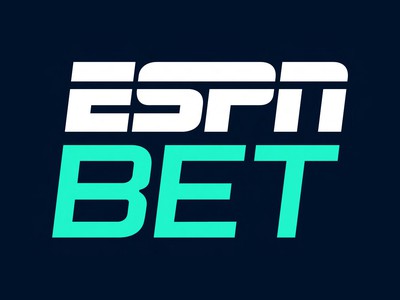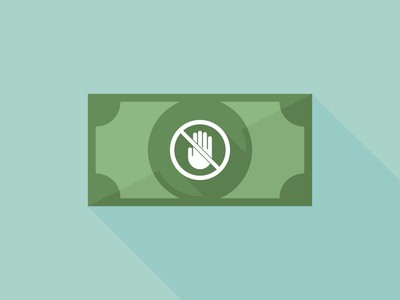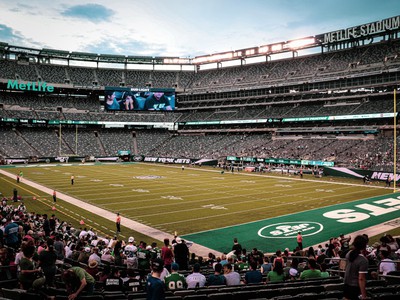The successful postseason run by Saint Peter’s University will likely go down as one of the biggest Cinderella stories in March Madness history. The 15th-seeded Peacocks beat three higher-ranked teams on their way to the Elite Eight before losing and exiting the tournament on Sunday.
But a polling expert warns that Saint Peter’s Cinderella story is unlikely to have a happy ending for proponents of expanded sports betting in New Jersey — at least in the short term.
The Peacocks’ Magical March Madness Run
Last November, New Jersey voters rejected — by a 57% to 43% margin — a ballot initiative that would have allowed betting on college sporting events in New Jersey or wagering on such events in which a team from New Jersey is playing. The vote left both types of wagers illegal under the state constitution, which authorizes gambling in the Garden State.
I don’t think that the remarkable run of St. Peter’s in the NCAA [tournament] is likely to change attitudes about gambling on college sports
Had voters approved the initiative, lawmakers in the General Assembly could have enacted legislation to allow wagering on college sporting events in New Jersey or on college teams from the state.
One such team is the Saint Peter’s Peacocks of the Metro Atlantic Athletic Conference (MAAC). Saint Peter’s is a private Jesuit university with about 2,400 undergraduate students and is located in Jersey City. That means wagers on the Peacocks are forbidden, at least in New Jersey.
That’s a shame, considering the No. 15 seed’s exciting run. In the first round of the playoffs on March 17, the Peacocks shocked the world with their bracket-busting upset of the No. 2 seeded Kentucky Wildcats, 85-79. Two days later, they dispatched 7th-seeded Murray State by a score of 70-60.
The Peacocks then beat No. 3 Purdue by a 67-64 score on March 25. The win marked the first time that a No. 15 seed made it to the Elite Eight. Then, sadly, Saint Peters’ magical postseason run ended with a 69-49 loss on Sunday to the North Carolina Tar Heels.
Opposition to Expanded NJ Sports Betting Will “Fall Away”
Saint Peter’s 11-day dance likely did not change enough voters’ minds on expanded sports betting in NJ, according to Dan Cassino, a Government and Politics Professor at Fairleigh Dickinson University (FDU).
“I don’t think that the remarkable run of St. Peter’s in the NCAA [tournament] is likely to change attitudes about gambling on college sports, simply because I don’t think most people in the state know that they can’t bet on those games,” Cassino told New Jersey Gaming Review on Monday.
I think that, in the long term, as betting becomes more normalized — and the constant TV ads are a part of that — you’ll see opposition to expansion start to fall away
“I have to imagine that there are some people who tried to put money down on St. Peter’s and couldn’t, but those were the people who probably supported the measure in the first place.”
Cassino served as Executive Director for an FDU poll last July that found only 25% of respondents backed the ballot initiative.
When asked if he thought a postseason run by a larger school, such as Rutgers University, would have made more of an impact, Cassino said he didn’t think so.
“The number of New Jersey residents who would bet on any college team, but are otherwise opposed to sports betting, is likely to be very small. One of the best predictors of supporting the expansion of betting is betting: there just aren’t many people interested in doing it that are opposed to expansion and will come over for any particular team or event.
“That said, I think that, in the long term, as betting becomes more normalized — and the constant TV ads are a part of that — you’ll see opposition to expansion start to fall away. Once people are more comfortable with betting in general, they’re likely to be more comfortable with it in any given circumstance.”
Former state Reps. Joann Downey (D-Monmouth) and Eric Houghtaling (D-Monmouth), who both sponsored the ballot initiative, did not return messages seeking comment. Both lost their bids for re-election in November.










